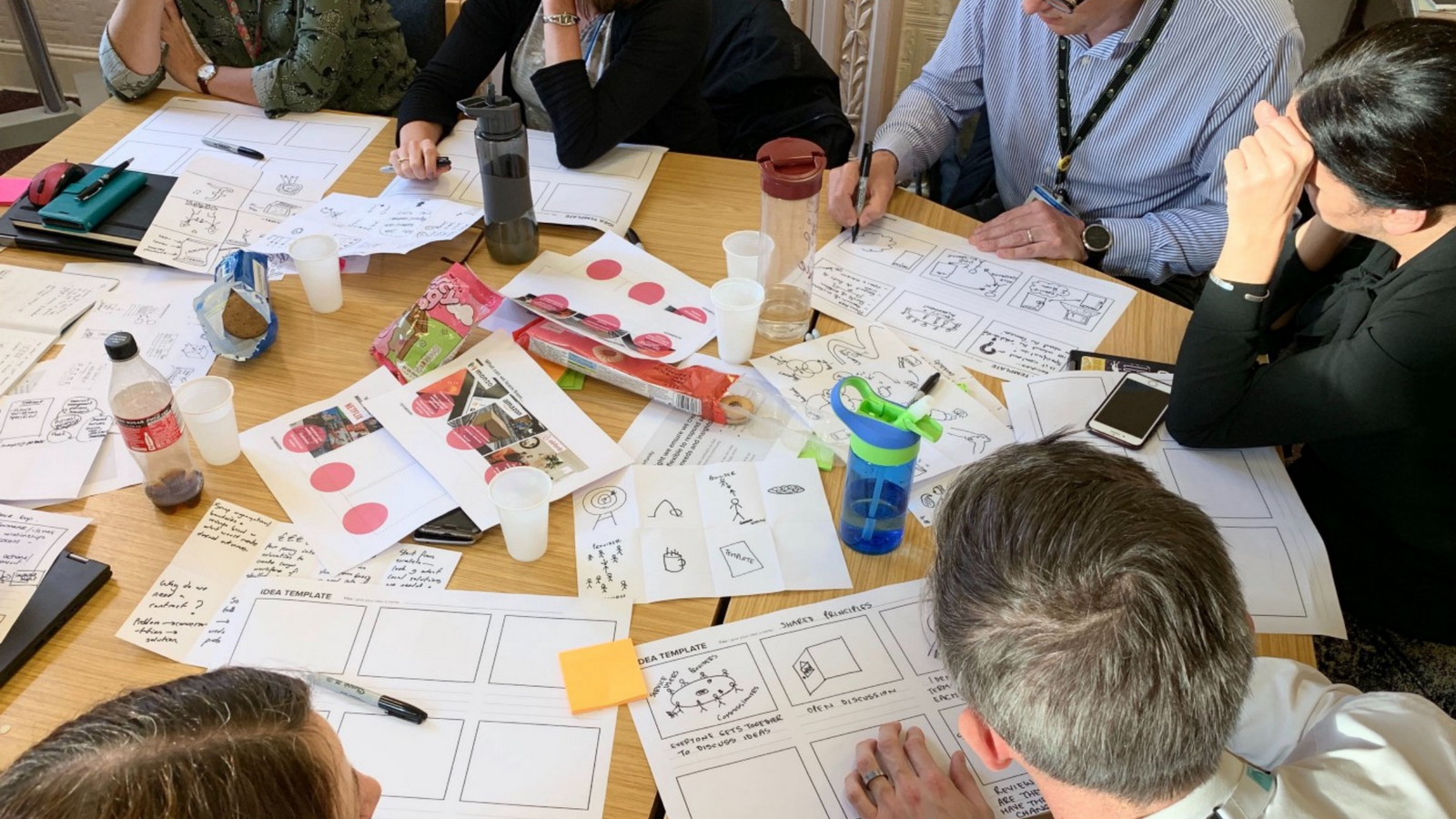The NHS is a massive organisation made up of many different bodies and services. All these institutions, from the statutory partners to trusts, GP practices and pharmacies, play a vital role in ensuring people receive the care and treatment they need. And this is not even to mention the vast range of voluntary, community and social enterprise partners that also provide health and care services.
As with any large organisation, trying to coordinate with so many different services and people comes with challenges. This is why in 2022 the government established Integrated Care Services (ICSs), which were designed to bring together health and care services in local areas across the UK.
ICSs are certainly helping to unify regional NHS services but can still find themselves coming up against blockers, especially when it comes to implementing new technologies. For example, trusts are often putting in place their own digital services with no communication or planning taking place with other services. This results in staff and patients having to access similar services and information across departments in different ways, making them difficult, costly and time-consuming to use.
If ICSs and the NHS more broadly want to address this issue, they need to create more integrated services to ensure all users receive the best possible experience.
Embracing new ways of working
One of the biggest challenges to ICSs creating a more unified approach to technology is how they manage projects. There can often be a lack of communication or meetings to discuss digital projects, challenges and solutions, meaning stakeholders and Trusts lack a clear understanding of goals, priorities and timelines. Projects then drift without clear direction, leading to delays and frustration among stakeholders.
All this is largely due to the use of traditional, rigid project management processes, where just the objectives and project milestones are set out and Trusts and services are then told to meet these and sent on their way.
ICSs need to take a more flexible and engaged approach to project management. They must embrace more collaborative and innovative ways of working such as agile project management techniques, where regular meetings are held with stakeholders to discuss projects, challenges and solutions and changes can be made to meet these requirements. This will ensure everyone is engaged and aligned on goals and objectives, while issues can be identified and fixed throughout the project, rather than once a system has been installed. It will also ensure that everyone is on board with digital projects, boosting morale and driving success.
Putting users first
Secondly, digital projects can’t be technically led if they want to get buy-in from different services and users. It’s staff and patients who will be using these tools, and their needs must be front and centre of any digital project if they are going to succeed.
ICSs need to work with Trusts and services to engage with their users to understand their needs and test platforms with them to get feedback and address concerns. Through this, tools can be tailored to meet these users’ requirements because their thoughts and concerns are being taken on board and addressed. ICSs can then be confident that digital tools will be used correctly and to the benefit of everyone.
Working with digital partners
All these changes can feel daunting for ICSs, and digital partners need to be there to guide and support them on their journey to creating more unified digital services.
We need to mentor teams and individuals on agile principles, helping them to understand how they can be used to help them adapt and thrive. At the same time, we need to instil a user-first mindset across the organisations, ensuring that everything is done with people’s needs front and centre.
We recently experienced this first-hand through our work with an ICS. By embedding new ways of working and bringing multidisciplinary teams together, we helped create a unified, user-focused vision for digital services. This enabled the ICS to drive forward with its ambitious programme to give staff and local people shared online access to records, something that was previously disjointed and took up a large amount of time to gather. This important work has helped ease pressure on resources and improve patients’ experience.
Unified, connected and consistent services are key to the NHS addressing multiple challenges it faces, from waiting lists through to staff retention. To bring this connected ecosystem to life, ICSs and departments need to embrace new ways of working and put users at the heart of every decision. Through working with digital partners who can guide them on this journey, we can all create digital solutions that allow services across the country to thrive.

Putting people at the centre of the ICS integration
This post is the third in a series about the future state of health & care, based on our experiences delivering transformation with partner organisations and interviews with senior colleagues.
Read moreOur recent insights
Transformation is for everyone. We love sharing our thoughts, approaches, learning and research all gained from the work we do.

Putting people at the centre of the ICS integration
This post is the third in a series about the future state of health & care, based on our experiences delivering transformation with partner organisations and interviews with senior colleagues.
Read more
ICS integration: a missed opportunity for radical change
This post is the second in a series about the future state of health and care, based on our experiences delivering transformation with partner organisations and interviews with senior colleagues.
Read more
Integrated Care Systems: new system, same challenges
This post is the first in a series about the future state of health and care, and explores the opportunities and challenges posed by the introduction of integrated care systems (ICSs) at a local level.
Read more

